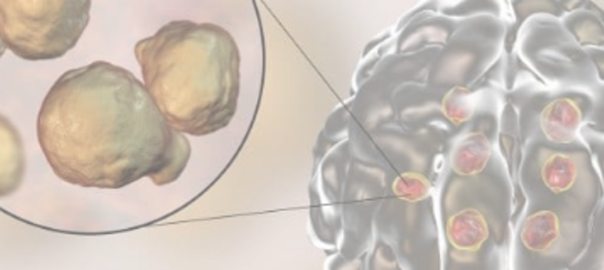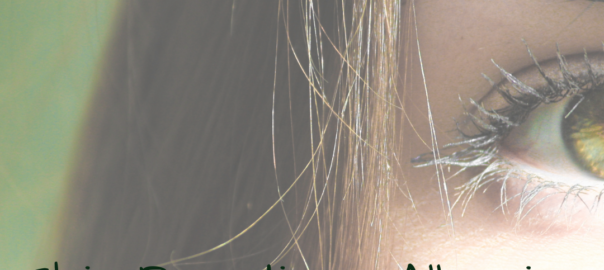Happy Monday Tribe!
I hope you all have had a wonderful past couple of weeks. As we move into October, sickness is in full swing already due to many factors. As we know a big culprit is lower vitamin D levels as well as enclosed spaces with lots of shedding viruses!
However, even not in “flu season”, there are many viruses and bacteria that can affect the way your brain can function.
I came across some research lately, that isn’t that new but was very interesting when I dove deeper into it.
It’s research done from the society for endocrinology in Maryland. ( If you want the article just let me know).
————
Before I begin, I should probably explain what HPA means. HPA stands for hypothalamus-pituitary-adrenal axis. The hypothalamus and pituitary gland are in your brain, and your adrenal glands sit on top of your kidneys. This is basically a signaling system. The just HP axis, is a signaling system from your brain for many different hormones to be secreted, and organs to function. You NEED that brain signal working first and foremost to be able to tell the organs what to do!

(not my image)
We know that for instance STRESS can make our immune system go down right? Well, that is because of this pathway. Stress activates the HPA axis and allows the adrenal glands to secrete cortisol (a stress hormone). Cortisone controls the body’s blood sugar levels and thus regulating metabolism, acting as an anti-inflammatory, influencing memory formation, controlling salt and water balance, influencing blood pressure and helping development of the foetus. But chronic stress, means chronic cortisol being secreted and lots of problems.
The release of cortisol has many effects on bacterial and viral infections and on the immunity induced by these infectious agents. This study showed that HPA axis activation enhanced Mycobacterium growth in susceptible mice, and increased susceptibility to viral disease. It also enhances the replication of some viruses.
This talk today though won’t be about that direction, because we know stress causes many problems. Today we want to talk about the opposite direction: how these infections effect the HPA axis.
The HPA axis is a bidirectional communication between the brain and immune system. The immune system will signal to the brain via something called cytokines, then the brain will respond by regulating the immune system in part through the action of the HPA axis. It’s a feedback loop.
How do bacterial and viral infections activate this axis?!
The activation of this axis is probably the result of the action of inflammatory mediators (cytokines). However, also possible that infections can get into the brain, and have a direct impact on how the HPA axis functions.
These are the infections they studied:
-Mycobacterium
-Endotoxins like salmonella
-Clostridium difficile
-Staph Aureus
-cytomegala virus
-HIV
-Herpes type 1
-sindbis
-newcastle disease
-influenza
They also found that the release of cortisol during cytomegala virus infection, wasn’t mediated only through the HPA axis, but can be released from the adrenals directly by the immune system.
The HPA axis release following a viral or bacterial infection is advantageous to the invading organisms, as it serves to minimize the host’s immune response, enhancing the organisms ability to survive.
An intact and HEALTHY HPA axis and cortisol response are necessary for host survival after exposure to an infectious agent as well. The lethal level of a pathogen depends on a complex interplay between the specific organism’s induction of an appropriate level of the host’s HPA axis response, the health of that response and pathogen interactions at the level of the cortisol receptor.
ok ok enough research..
Basically Infections cause problems with how our brain functions and signals… Some infections can even affect the brain directly by being IN the brain, but don’t have to be. They can have an effect on the brain through this axis not being regulated properly because of an infection!
As I mentioned previously, the hypothalamus and pituitary gland have MANY functions, and so we really need this signal to work well. But, the research shows in the presence of infections it can’t work well.
SO…
Where does that leave us?
Well..
WE know that first the HPA axis needs to be supported and healthy so that the immune system doesn’t allow infections to arise.
But additionally, infections NEED to be cleared in order for this axis to work effectively as well.
How do we achieve this?!
Well we look for both!
In my practice, we can support the HPA axis through enhancing how the brain is functioning through craniopathy and chiropractic care. If anything is putting pressure or creating tension directly on the brain or directly on these glands, it has to be released in oder for the intact HP axis.
Nutrition can also be given to help heal and nourish the brain if there has been any previous damage to the hypothalamus and pituitary either from trauma, stress or hormone dysregulation.
THEN.
WE must attack those infections!
I love using craniobiotic technique (CBT) in my practice to clear infections energetically. More information is found on my website about this amazing technique.
We also use herbals and remedies if needed to kill the infections, but usually CBT will do the trick.
We then utilize genetic based nutrition to make sure that there are no cracks where infections can creep back in. No detox pathways that are clogged, no blood brain barriers open, vitamin D is being absorbed (huge for infections) no hormone pathways blocked.
——-
Utilizing these methods, we can heal the brain and regain that HPA axis health that we need!

Dr. Hamel





